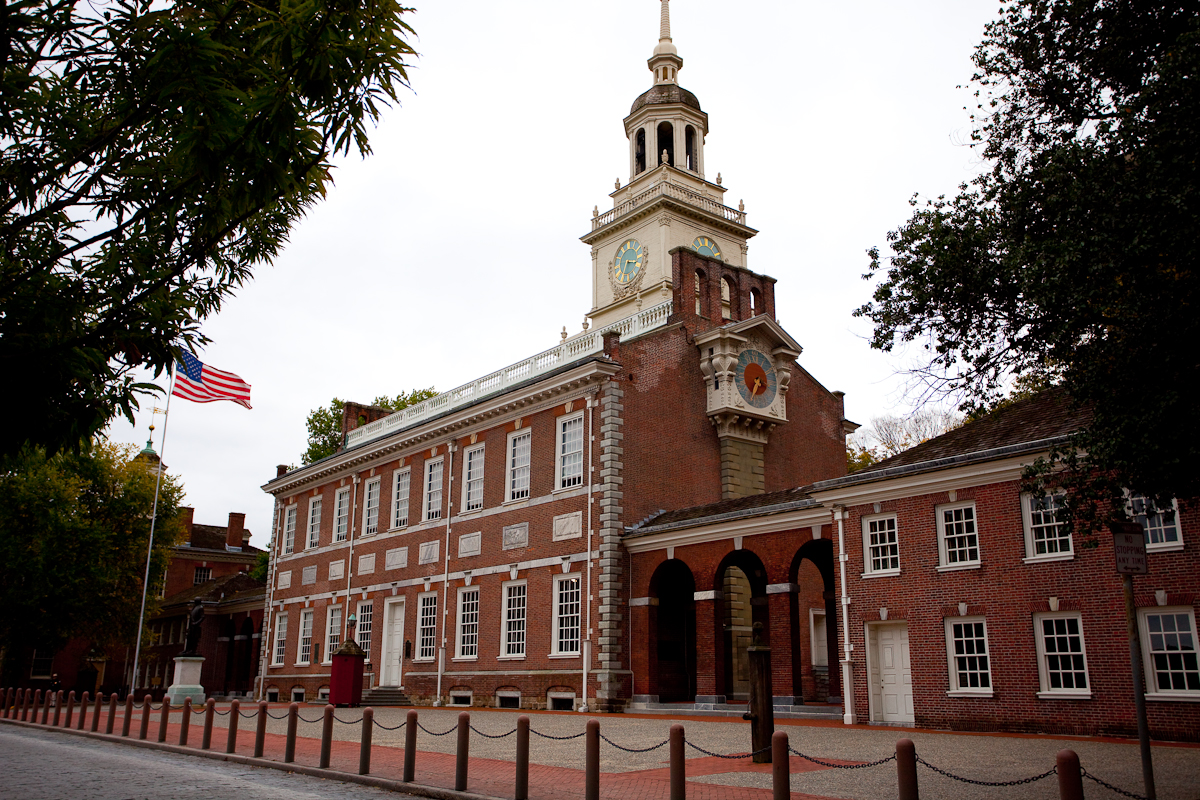1787 Constitutional Convention: Illegal or a Runaway?
A broadly stated false authority by the John Birch Society, Eagle Forum, and others is that an Article V convention will surely result in a runaway? Where’s the evidence? Which conventions ran away?
The claim continues: The Constitutional convention of 1787 was illegal and, as such, a runaway? Or the convention did not follow Congress’ instructions. Where’s the evidence?
The claims sound authoritarian and authentic but lack any evidence for their legitimacy. There is, however, plenty of historical documentation to the contrary.
Evidence Abstract
- The false claims originated in the 1960s and ‘70s by progressives.
- The records provide no evidence of a notable ‘runaway’ going back three centuries.
- The claims suggest that George Washington administered an illegal convention.
- The Articles of Confederation created a weak government leading us to a crisis.
- No authorization to call a convention
- No way to pay for the war, soldiers, supplies, or arms
- Congress had no taxing power.
- Each state had its own currency and, in effect, was its own sovereign nation.
- Each state promised to send money to Congress, but rarely did.
- America was close to bankruptcy.
- Conventions were common, having begun in the early 17th
- Conventions occurred every 3 ½ years during the Founding Era.
- The 1787 convention was suggested by the Annapolis convention, & called by VA, and NJ legislatures.
- The Confederation Congress did not call the Constitutional Convention or instruct it.
- States could have, and can, take legal action against delegates for disobeying their commissions.
- The convention process has proved repetitive and consistent over the centuries.
- The Supreme Court has upheld rulings favoring Article V
The claim of a ‘runaway’ is fairly modern, having its origins in the 1960’s and ‘70s when progressives suggested the process could run away and rewrite the Constitution. It was driven by an appeal to false authority out of fear that a convention might over-turn favorite Supreme Court rulings such as Roe v. Wade. Constitutional scholars agree that recorded evidence to support a runaway scenario today has yet to be found.
It is hard to imagine George Washington sitting at the head table of the Constitutional Convention in Independence Hall in Philadelphia leading Madison and the others to break 150 years of convention precedence. According to the claim, he would have been overseeing an illegal convention of legally called state’s authorized commissioners attempting to reform the weak and failing US government. America’s existence was at stake as the Articles of Confederation were inadequate and failing the country. Over the previous century and a half, colonists had been meeting in conventions resolving problems just like the convention was doing in 1787.
The new nation’s first constitutional foibles included:
- The inability to pay the War debt including wages due the army or arms or supplies.
- Congress did not have the power to tax.
- Each state had its own currency.
- The Articles of Confederation did not authorize Congress to call a convention.
- The National government printed “Continentals” (greenbacks) & inflation soared. Brittan counterfeited & distributed phony Continentals to disrupt the American economy.
- Congress did not have the power to regulate foreign or interstate commerce.
- There was no executive authority to enforce laws passed by Congress.
- America had a unicameral or single house congress and chose a new president every year.
- John Hanson (MD) was the Congresses first president in 1781 under the Articles.
- There was no national judicial system or authority.
- Each state could send as many congressmen as they wanted but each state had only one vote.
- Each state promised to pay its share to Congress as required by the Articles of Confederation, but rarely did they send it.
- Amendments to the Articles of Confederation required a unanimous approval.
- Laws passed by Congress required 3/4 approval
- Each state was its own sovereign, making it almost a country unto itself as a separate entity of the American Union.
- States could levy tariffs on each other for goods crossing the state line.
In short, the American government was in chaos, weak, and leaderless. Calls were increasing in the mid-1780’s by the people and their state legislatures for change.
Beginning in the 1630’s, convention practice dictated that a colony had the authority to call a meeting to attend to help resolve a particular issue. The Constitutional convention was called by the Annapolis convention of 1786, and subsequently by two state legislatures (VA & NJ), “to devise such further provisions as shall appear to them necessary to render the constitution (Articles of Confederation) of the Federal Government adequate to the exigencies of the Union.”
Every anti-Article V (John Birch Society et al) false authority argument the media and lobbyists promote has missed the recorded historical facts. And they offer no valid evidence to counter the historical records.
The Confederate Congress could not call a convention because the Articles of Confederation gave the Congress no authority to make a legally-binding call. If the states decided to convene, as a matter of law they—not Congress—fixed the scope of the convention and their delegates authority.
The historical records prove beyond a doubt that the Constitutional Convention of 1787 was legally called, operated, and met its prescribed mission.
Learn More
Founding Era Conventions: FL Law Review 2013
Disinformation Led to Article V Opposition
Conventions for Proposing Amendments

